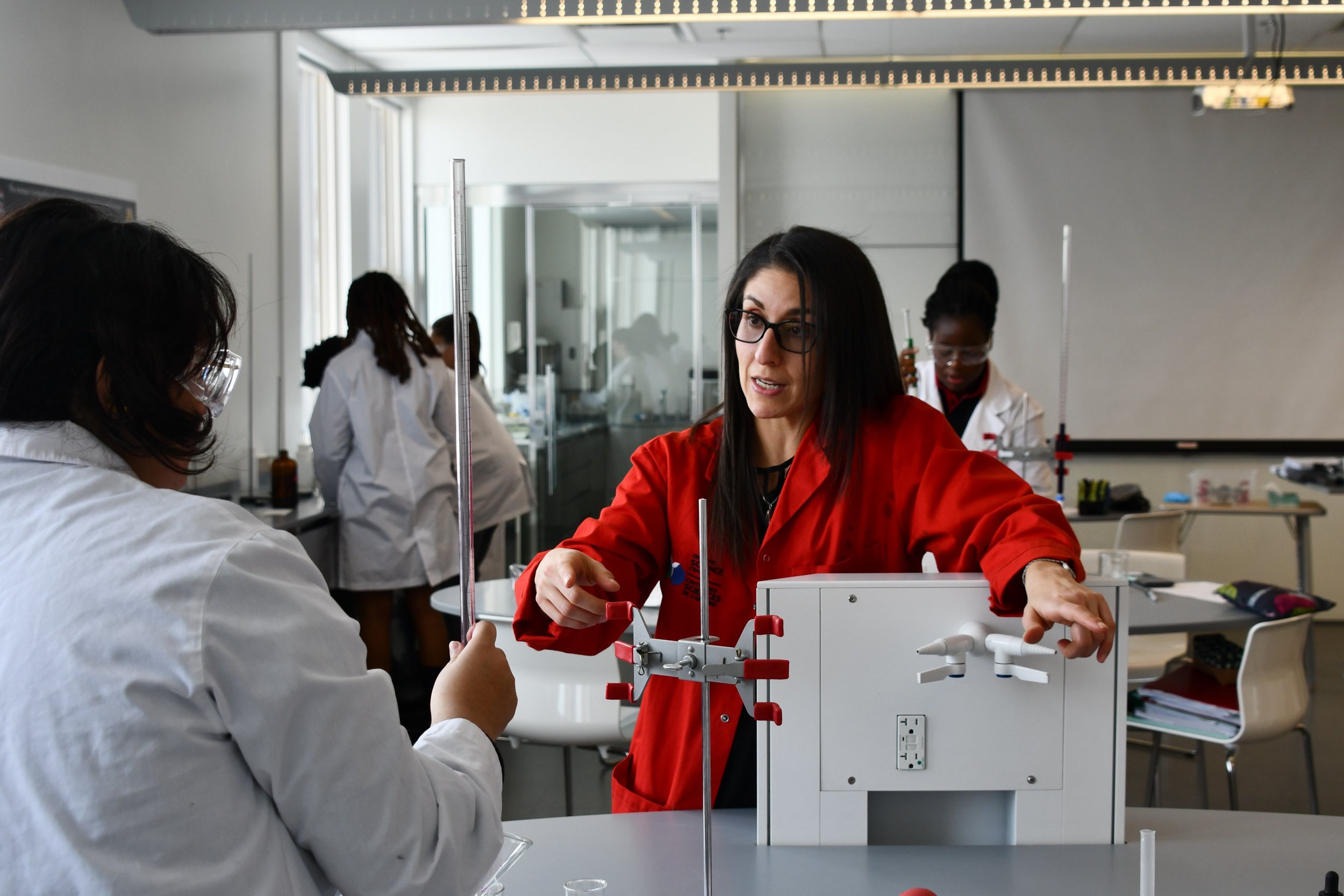
Advanced Placement
Students who take AP courses in high school derive many benefits. Webber Academy’s goal is to prepare students for university and beyond. It is important to equip students with the skills necessary for acquiring entrance to their university of choice, and additionally, for being well-prepared to cope with studies at university.
The primary advantage of AP study for students is to experience college-level material. The intensity of college exams catches far too many first-year university students by surprise. Taking the AP exams will put learners a step ahead, and give a clear understanding of what is needed to succeed on a college exam.
-
Since its inception in 1955, Advanced Placement has provided motivated high school students with the opportunity to take college-level courses in a high school setting. AP courses are taught by dedicated and enthusiastic high school teachers who follow course guidelines developed and published by the College Board.
All AP teachers and their courses are certified by the College Board. Each year, an increasing number of parents, students, teachers, high schools, colleges, and universities turn to the AP Program as a model of educational excellence.
-
At present, Webber Academy offers the following Advanced Placement courses:
AP Biology
AP Calculus AB & BC
AP Chemistry
AP Chinese Language and Culture
AP Computer Science A
AP Comparative Government and Politics
AP Computer Science Principles
AP English Language and Composition
AP English Literature and Composition
AP European History
AP French Language
AP Microeconomics
AP Macroeconomics
AP Physics 1 & 2
AP Spanish Language and Culture
AP Statistics
AP World History: Modern
At Webber Academy, students complete their AP courses in grades 10, 11 and 12. AP-Prep courses are offered in lower grades. By the end of Grade 12, approximately 80% of Webber Academy students will have enrolled in at least one AP course.
-
Both the AP and IB programs provide excellent enrichment opportunities for the dedicated student. Both programs are accepted by many universities.
Schools offering the IB program require students to take a minimum number of IB courses. It is a more rigid program of studies, and therefore limits a student’s course selection choices, whereas students in the AP Program may take as many or as few AP courses as they like. In short, the AP Program strives to offer the flexibility to meet individual strengths and circumstances and to allow students to focus on and take a more rigorous selection of courses in their area of interest while still maintaining a well-balanced programme of studies. Finally, working to one’s strengths and interests results in higher overall achievement.
Both programmes are externally validated through comprehensive, internationally recognized exams.
The IB program is far less common than AP. More than 2.8 million students took AP exams in 2019, but only about 166,000 took IB. Furthermore, AP reported in 2021 that 35% of US public high students took at least one AP exam.
-
The AP Program offers a portfolio of courses and examinations that are developed by committees of college professors and experienced AP teachers. The AP committees are composed of leaders in their fields who bring cutting-edge content knowledge and expert teaching practices to the development of AP courses, which are reviewed and revised annually.
AP committee members currently teach at dozens of top US colleges, universities, and secondary schools, including:
Dartmouth College
Hamilton College
Princeton University
Spelman College
University of Virginia
University of Washington
Yale University
The Spence School
Phillips Exeter Academy
St. Louis University High School
Thomas Jefferson High School

